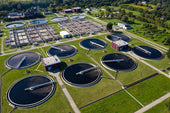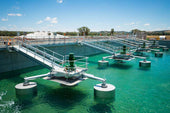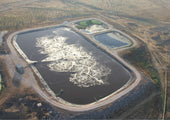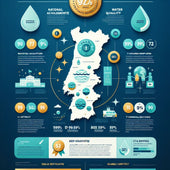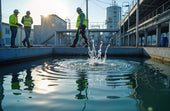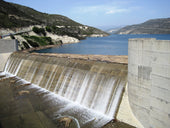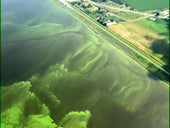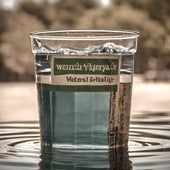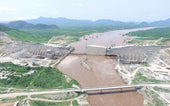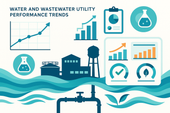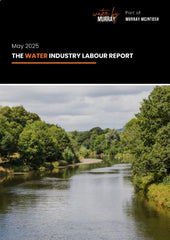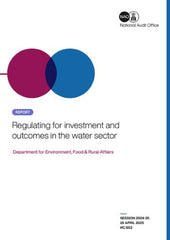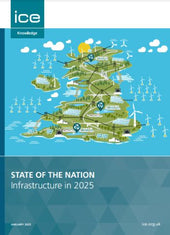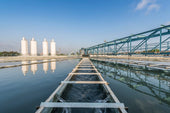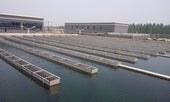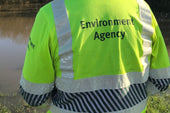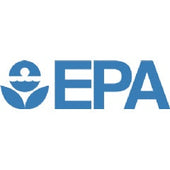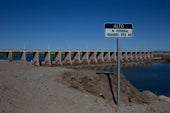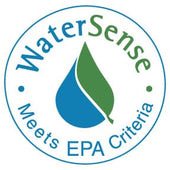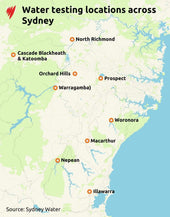
England's Water Crisis: Pollution Incidents Hit Record Highs in 2024
*Published July 19, 2025*
A damning new government report has revealed that England's water companies are failing catastrophically in their duty to protect our waterways, with pollution incidents reaching record levels in 2024. The findings paint a stark picture of an industry in crisis, where aging infrastructure, poor maintenance, and corporate failures are devastating our rivers, lakes, and seas.
The Numbers Don't Lie
The statistics are genuinely shocking. Serious pollution incidents—those causing major or significant environmental damage—surged by a staggering 60% in just one year, jumping from 47 incidents in 2023 to 75 in 2024. This represents the highest number since records began and marks a 32% increase from 2016 levels.
But the crisis extends far beyond just the most serious cases. Total pollution incidents across all categories reached 2,801 in 2024, representing a 47% increase from 2016. To put this in perspective, that's nearly eight pollution incidents every single day.
The Usual Suspects
Three companies dominated the pollution statistics, accounting for a shocking 81% of all serious incidents:
- **Thames Water** led the shameful rankings with 33 serious incidents—more than double their 2023 figure
- **Southern Water** followed with 15 incidents
- **Yorkshire Water** contributed 13 incidents
Thames Water's performance is particularly alarming. As the largest water company serving London and the Thames Valley, their deteriorating standards affect millions of customers and some of England's most iconic waterways.
A Tale of Two Industries
While most companies are failing, the report does highlight that change is possible. Northumbrian Water achieved zero serious pollution incidents for three consecutive years (2022-2024), proving that proper management and investment can deliver results. Wessex Water also managed zero serious incidents in 2024.
This stark contrast raises uncomfortable questions: if some companies can achieve near-perfect records, why are others failing so spectacularly?
The Real-World Impact
Behind these statistics lie real environmental consequences. Pollution incidents release harmful substances into our waterways, killing fish, contaminating drinking water sources, and destroying habitats that wildlife depends on. The majority of incidents stem from:
- **Foul sewers** (22 serious incidents in 2024)
- **Sewage treatment works** (20 serious incidents)
- **Rising mains** (15 serious incidents)
These are basic infrastructure components that should be properly maintained and monitored. Their repeated failure suggests systemic problems with how water companies manage their assets.
Regulatory Crackdown
The Environment Agency isn't sitting idle. They've dramatically ramped up enforcement, conducting 4,000 inspections in 2024/25 with an ambitious target of 10,000 for 2025/26. Since 2016, they've secured 57 prosecutions against water companies, resulting in over £149 million in fines.
The new Water (Special Measures) Act 2025 provides additional teeth, including:
- Prohibiting performance-related pay for executives when companies fail environmental standards
- Requiring mandatory annual pollution reduction plans
- Faster civil penalties for less serious offenses
The Money Question
Perhaps most frustratingly, this crisis isn't occurring due to lack of resources. Water companies have a record £98 billion to spend between 2025 and 2030, with £46 billion specifically allocated to wastewater infrastructure. The question isn't whether they can afford to fix these problems—it's whether they have the will to do so.
What Needs to Change
The report's conclusions are clear: water companies must move from a "fix on fail" approach to proactive prevention. This means:
- **Better asset maintenance**: Regular upkeep of aging infrastructure before it fails
2. **Improved monitoring**: Early warning systems to detect problems before they become disasters
3. **Cultural change**: Prioritizing environmental protection over short-term profits
4. **Transparency**: Better self-reporting of incidents (currently at 85% but needs improvement) - The Bottom Line
This isn't just an environmental issue—it's a public health and economic crisis. Our waterways are the foundation of healthy ecosystems, clean drinking water, and recreational spaces that millions of people depend on.
The contrast between the best and worst performing companies proves that excellence is achievable. What's needed now is the regulatory pressure, public scrutiny, and corporate accountability to ensure all water companies meet the standards that our environment and communities deserve.
With £98 billion in investment planned and strengthened regulatory powers in place, there are no more excuses. The question is whether water company executives will finally prioritize environmental protection over executive bonuses and shareholder returns.
Our rivers, lakes, and seas can't wait any longer.
---
*For the full Environment Agency report and detailed company-by-company data, visit the UK Government's official publication page.*












